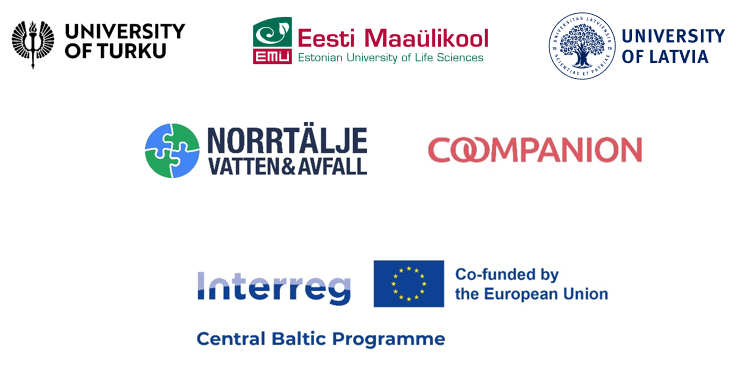TransFarm project aims to increase the adoption of circular soilless farming for urban farmers.

TransFarm project aims to foster the spread and adoption of closed circular soilless farming methods, such as Aquaponics. It is a farming method where fish and vegetables are grown in closed circle symbiosis to reduce the usage of fresh water and the wasting of valuable nutrients.
This happens by demonstration of the potential of resilient circular farming systems that can supplement the traditional food production chain. The main impacts will be measured as actual improvements in comparison to conventional farming systems. The project adopts a holistic approach that works across the three dimensions of sustainability to build a more resilient food system. Bringing circular food production to the urban city areas, and growing all year round both vegetables and fish, both will contribute to a reduced environmental impact and will improve peoples’ access to healthy locally produced food. The project will showcase a closed loop method, with no run-off of nutrients in the environment and a minimal usage of fresh water.
Agriculture is one of the sectors that will be affected by climate change, and still it is the main contributor to eutrophication in Europe. To face these challenges, it is needed to adopt circular solutions that allow saving of water and fertilizers, prevent nutrients emissions in the environment and allow the integration of food production systems in the cities, for a more resilient urban environment.
TransFarm project is implemented by a consortium:
- Finland Futures Research Centre at University of Turku (coordination)
- Norrtälje Vatten och Avfall Ab (NVAA) (Norrtälje, Sweden)
- Coompanion Roslagen & Norrort (Norrtälje, Sweden)
- University of Latvia (Riga, Latvia) and
- Estonian University of Life Science (Tartu, Estonia)
Project duration is three years starting from March 2023 and the overall budget is 1,87 million euro, which of EU financing covers 1,5 million euro. TransFarm project is funded by EUs Interreg Central Baltic programme.


